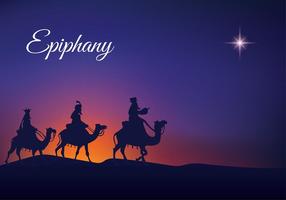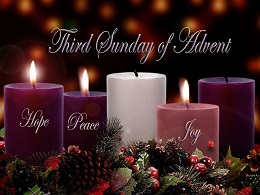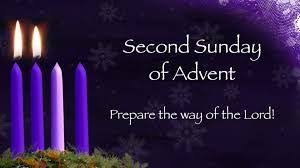 A variety of motives influence people to exchange their old lives for new ones. What convinces a “seeker” that it’s worth leaving behind life as they know it? Most of us know from our own and each other’s vocation stories, it’s the relationships we witness and experience within a community much more than our ministries that prompt newcomers to “test the waters.”
A variety of motives influence people to exchange their old lives for new ones. What convinces a “seeker” that it’s worth leaving behind life as they know it? Most of us know from our own and each other’s vocation stories, it’s the relationships we witness and experience within a community much more than our ministries that prompt newcomers to “test the waters.”
We, (individually and as a community), can put our full energy into the production all kinds of “lures” and “bait” … retreats and workshops, attractive vocation materials, holy cards, videos, websites and other social media … but that’s only part of what Jesus meant when he promised to teach us how to fish for people. But, keep in mind that vocation – to any and every state in life – is GIFT! And, remember fishing from our boat requires that each one has to do her assigned task of mending the nets, casting the line or preparing bait … no slackers allowed. And, all of us have to row in sync lest we tangle oars or go in perpetual circles. Look to Jesus – how did He fish? He taught, He gave witness, He invited; He did not disappoint, He was (and is) faithful to His word.
So, what kind of witness do we need to be constantly giving? What do we need to leave behind (individually and communally) to convince an observer that our community is worth a further look? It’s an exceptional challenge in these pandemic times. But the phone calls and email messages; the ZOOM Oblate Meetings, the videos on our website, the personal letters, the eblasts from our Advancement Staff keep our readers coming back. In current lingo, the “soft touches” are ways to seal the friendships and supportive interest that last a life time. What is the bait, the lure that will prompt more questions, extended visits, developing relationships and finally prompt someone to dare to say, “This is where I feel God is calling me; I’m willing to follow His lead, to leave all behind for the sake of Jesus’ call, with these Sisters (whom I now call my own) here at Holy Name Monastery.”
~Reflection by Sister Roberta Bailey, OSB
Have a good week… Be good Fishers for Christ… God Bless
First Reading: Jonah 3:1-5,10 Second Reading: 1 Corinthians 7:29-31
Gospel: Mark 1:14-20
Continue Reading






